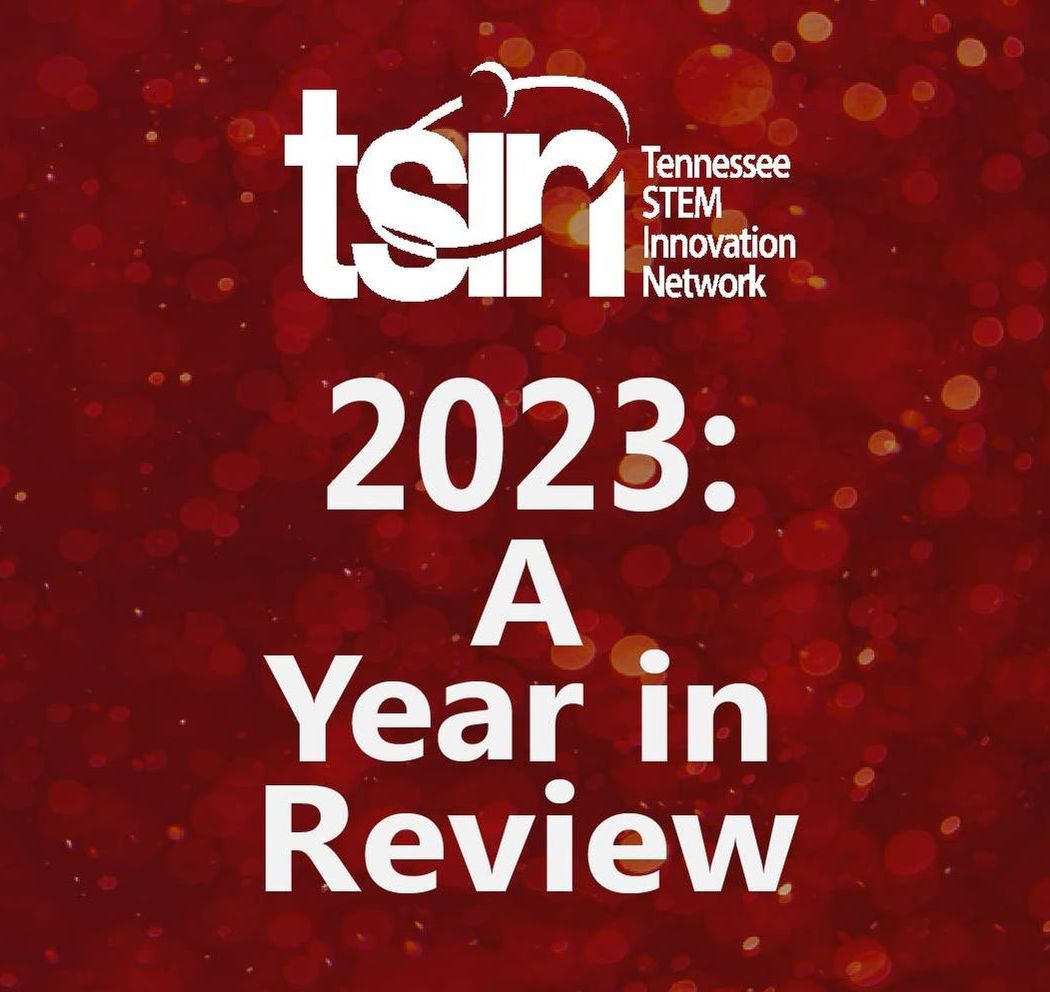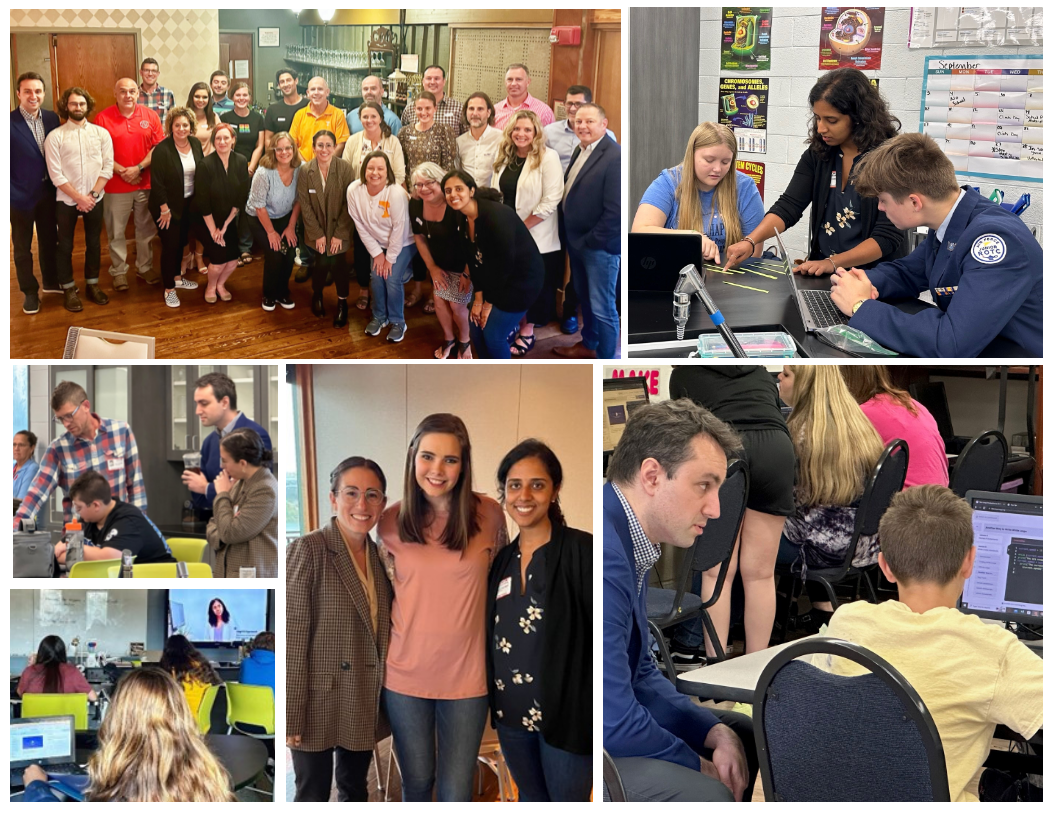



Student Mindsets of STEM-Infusion By Miranda Reagan If you read my first post and came back for this one, I hope you are beginning to see that STEM-integration is both worthwhile and doable at the elementary level. In fact, it not only reinforces learning in all subject areas, but also provides students with 21st century […]Read more The post Guest Author: Infusing STEM in the Elementary Classroom, Part 2 appeared first on Tennessee STEM Innovation Network.
Student Mindsets of STEM-Infusion
By Miranda Reagan
If you read my first post and came back for this one, I hope you are beginning to see that STEM-integration is both worthwhile and doable at the elementary level. In fact, it not only reinforces learning in all subject areas, but also provides students with 21st century skills such as critical thinking, collaboration, communication, and creativity. In our experience so far in the process of STEM-infusion, we have discovered that students undergo two major mindset shifts that better prepare them to be independent learners, deep thinkers, and initiative-takers. Keeping tabs on the students’ continuously growing understanding of these key points can help teachers ask the right questions to bring out optimal learning from STEM-infused lessons.
Failure is a productive part of progress.
Practicing the engineering design process through STEM-infusion gives students a framework for working through the unknown and a safety net for risk-taking. For example, in one activity students were challenged to design storm shelters that would hold up to wind and water weathering. However, before they could design their shelter, they had to create their own recipe for clay using flour, salt, oil, and warm water. Students also had to budget money to purchase their materials. At first, most groups created clay that was either extremely dry or extremely wet. They had to gradually adjust their recipe until they found the perfect consistency.
Although improving a recipe is a very nonthreatening situation, we found that, over time, this ability to try something without knowing the outcome carried over into all situations. When a student did not know how to solve a math problem, instead of shutting down, he or she started brainstorming ways to approach it. Instead of feeling like a failure when he or she arrived at a wrong answer, the student viewed it as an opportunity to improve their thought process.
In learning this, students also discovered that self-reflection is part of growth. On many challenges, the students and I work together to identify academic and performance standards for each challenge and create rubrics to measure progress towards these goals. On others, the students use a simple T-chart labeled “What happened when you tested?” on one side and “What are you going to change in order to improve? Why?” on the other. In using these, the students learn to reflect on their own misunderstandings or mistakes and use those to improve. They are learning to embrace productive struggle.
Conversation is key.
The vast majority of students in elementary school are still very egocentric. Because of this, they assume that the idea inside their head is the same as the one inside everyone else’s. It does not occur to students that each person in their group has different (and sometimes conflicting ideas.) Therefore, troubles arise among group members due to a lack of communication. In a STEM-infused lesson, communication is built into the process, but students have to be explicitly taught how to communicate properly.
In class, our students use what we call “Super STEMer Talk” (see photo.) After witnessing arguments between students who had similar ideas but were struggling to express them, I decided to do an activity to help students understand the importance of communication. I poured Legos in a long line down the center of the room and had students sit on both sides of the trench. Then I put a word, such as “truck” on the board. Then, the students on one side of the room went to look at a picture of a truck (an old, small pickup) while the students on the other side went to look at a different picture (a large, shiny semi-trailer truck.) The students were instructed to explain what they saw in the picture to the person across from them and compromise their ideas to build a truck together out of Legos. They did not realize at first, however, that they had not seen the same truck. Many students came back and said, “red truck” which was true of both pictures, but then ran into conflict as they began building. As we progressed through the activity, students became more aware of what was in the other person’s mind and worked to express their ideas more completely. As a result of this one activity, I often hear my students use phases such as, “What I think I hear you saying is…” or “Let’s try to think of a way to put both of our ideas together.”
Although both of these mindset shifts have helped our students work more efficiently in class, I am even more excited about the impact they will have on the students after they leave the classroom. I hope that they continue to take risks, self-reflect, communicate respectfully, and work collaboratively. These skills will make an enormous impact on these children in both their personal and professional lives in the future.
Guest Author: Miranda Reagan
The post Guest Author: Infusing STEM in the Elementary Classroom, Part 2 appeared first on Tennessee STEM Innovation Network.



